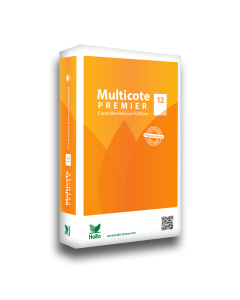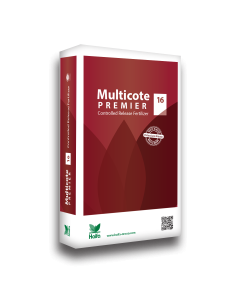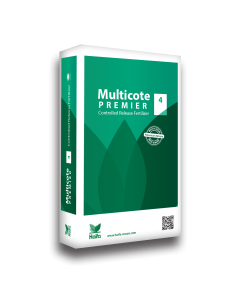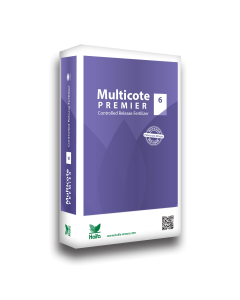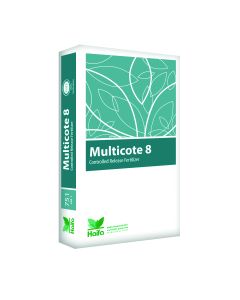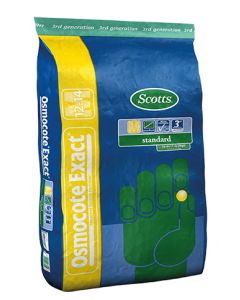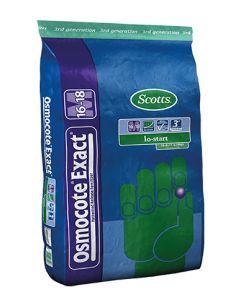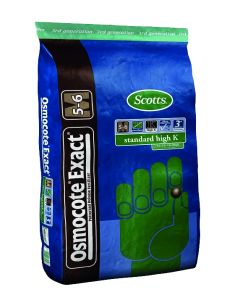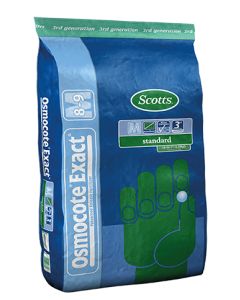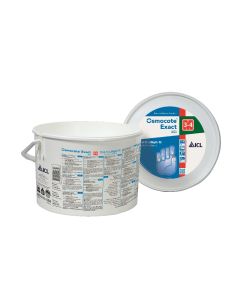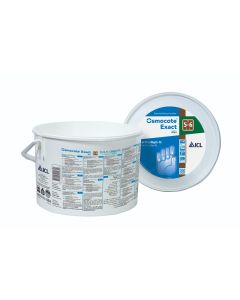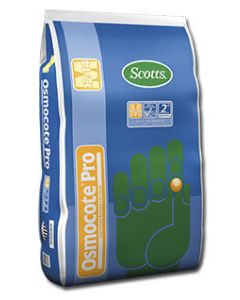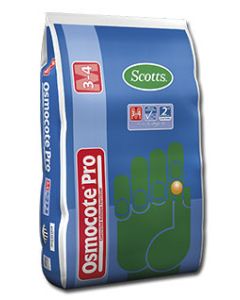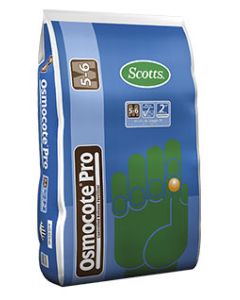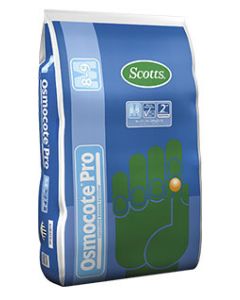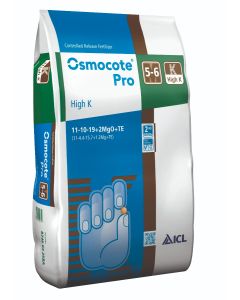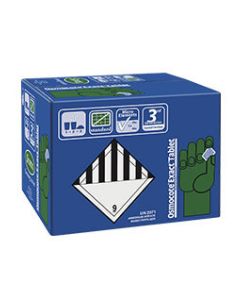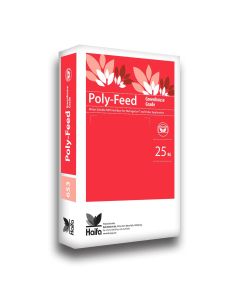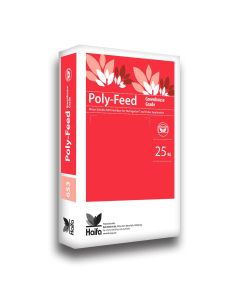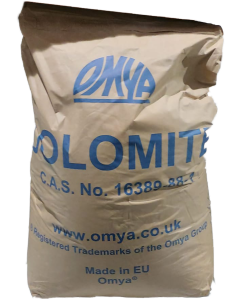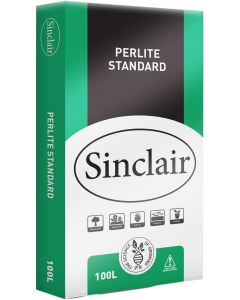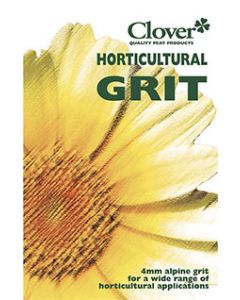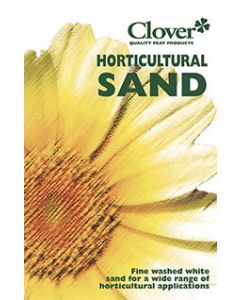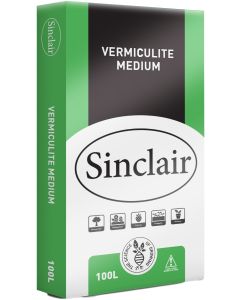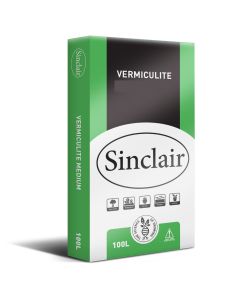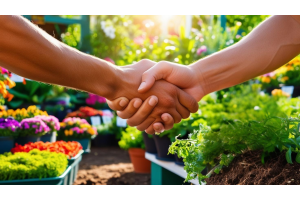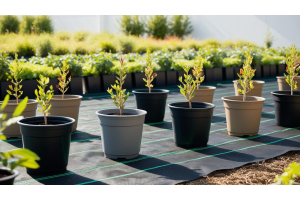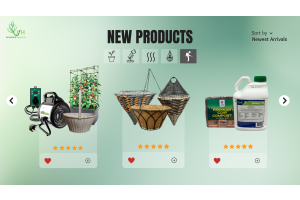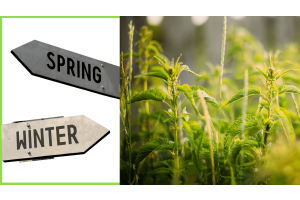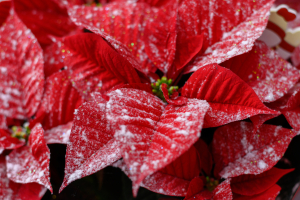Navigating the Peat-Free Landscape: Challenges and Opportunities in Sustainable Gardening
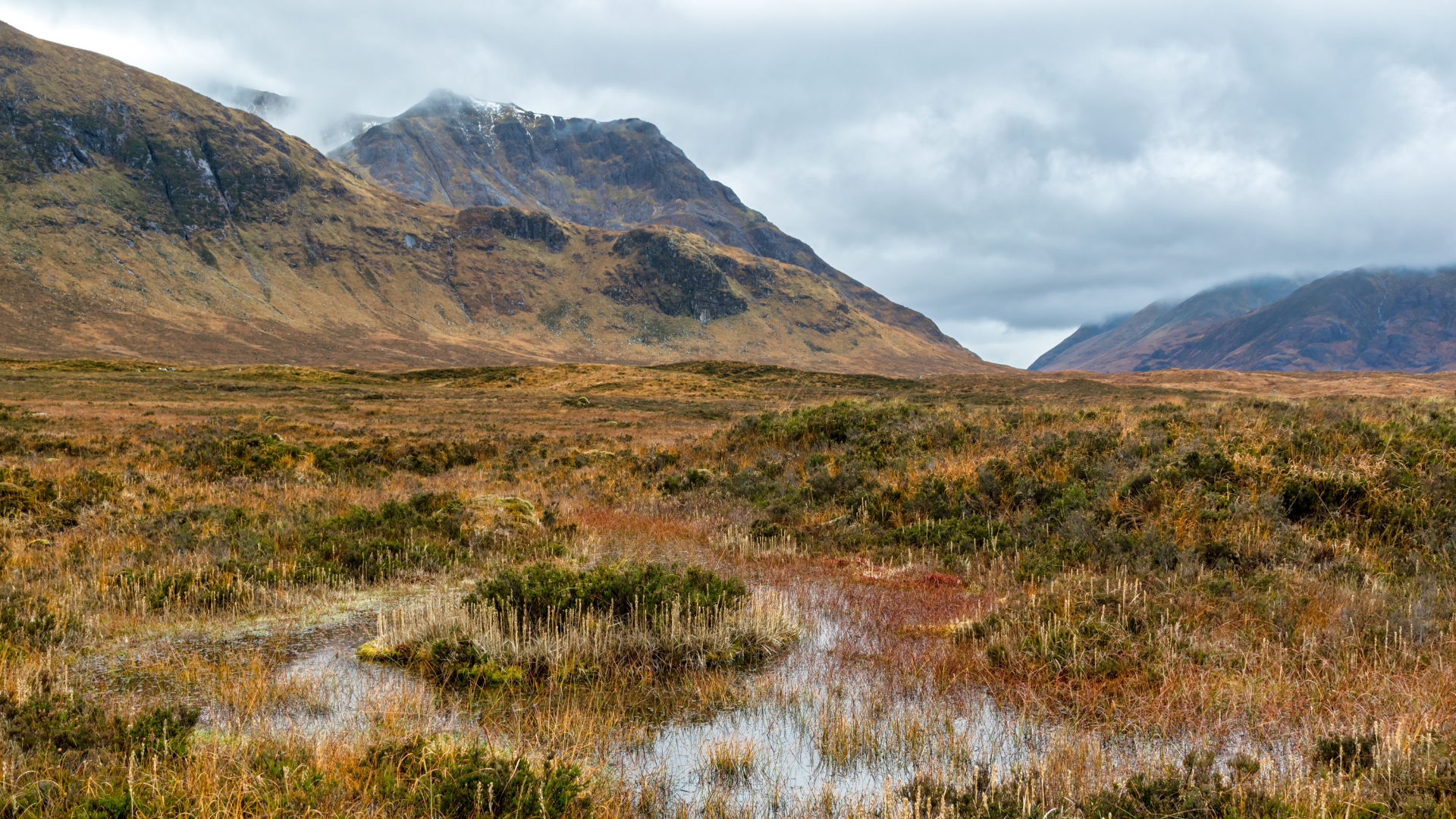
In a significant step towards sustainability, the UK Government has implemented a ban on peat compost. This initiative aligns with global efforts to address climate change, recognizing the detrimental impact of peat extraction on carbon sequestration and ecosystems. However, the transition to peat-free gardening presents new challenges, particularly regarding the need for fertilizers to maintain soil fertility and plant health.
The Environmental Impact of Peat
Peatlands are remarkable ecosystems that play a crucial role in carbon storage. Although they cover only 3% of the Earth's land surface, they hold nearly a third of the planet's soil carbon. When peat is harvested for compost, it directly contributes to climate change when the carbon stored in the bogs is released into the atmosphere. Additionally, peat extraction disrupts habitats, endangering unique plant and animal species.
Given these factors, the UK's peat compost ban is a positive step. However, the transition to peat-free compost introduces new considerations.
The Complexities of Peat-Free Alternatives
Peat-free composts typically use materials like coconut coir, bark, wood fibre, and composted green waste. While these alternatives avoid the ecological damage associated with peat extraction, they have their own environmental footprint.
For instance, coconut coir is derived from coconut husks, which often need to be imported from Asian and Pacific countries. The transportation of these materials contributes to carbon emissions, somewhat offsetting the environmental benefits of avoiding peat. Furthermore, coconut coir production involves significant water usage and chemical processing.
Bark and wood fibre composts often rely on forestry by-products, raising concerns about sustainable forestry practices and deforestation. Composted green waste requires efficient waste collection and processing systems, which can be resource-intensive.
Fertilizers and Sustainability
To make peat-free composts as effective as peat-based ones, gardeners often need to add fertilizers. The issue is that many fertilizers are derived from non-renewable sources like fossil fuels and mined minerals. Nitrogen fertilizers, for example, are produced through the energy-intensive Haber-Bosch process, which relies on natural gas. Similarly, phosphate fertilizers are extracted from finite mineral deposits, causing habitat disruption and contributing to water pollution through runoff.
The reliance on these fertilizers raises sustainability concerns and poses a challenge to achieving truly green gardening practices. The excessive use of fertilizers can also lead to soil degradation and water contamination, impacting ecosystems and human health.
A Way Forward: Sustainable Practices in Gardening
Despite these challenges, there are promising solutions to create a sustainable gardening future:
- Organic Fertilizers: Compost, manure, or other organic materials can enrich soil without relying on synthetic fertilizers. These natural fertilizers also improve soil structure and promote microbial activity.
- Composting: Home composting reduces green waste and creates nutrient-rich material for gardening, reducing transportation emissions and fertilizer needs.
- Sustainable Sourcing: Choosing peat-free composts sourced from local or certified sustainable materials can minimize carbon emissions from transportation and support responsible forestry practices.
- Integrated Gardening Practices: Incorporating techniques like crop rotation, cover cropping, and mulching can improve soil health and reduce the need for fertilizers.
The transition to peat-free compost represents a significant opportunity to reduce gardening's carbon footprint and support broader environmental goals. However, achieving this sustainably requires a holistic approach that considers the entire lifecycle of compost and the impacts of fertilizers. By embracing organic practices and prioritizing local sourcing, gardeners can play a crucial role in creating a more sustainable future.
- Events (0)
- Blog (69)
-
Sustainability
(16)
- irrigation (3)
- peat (3)

